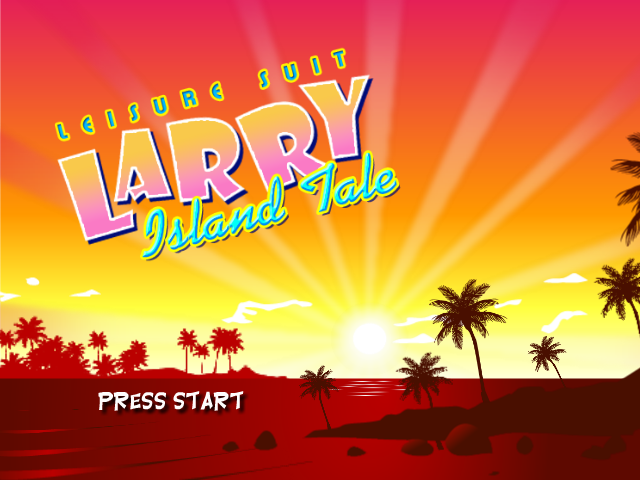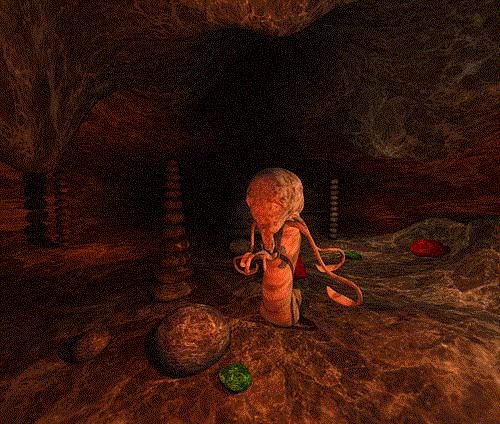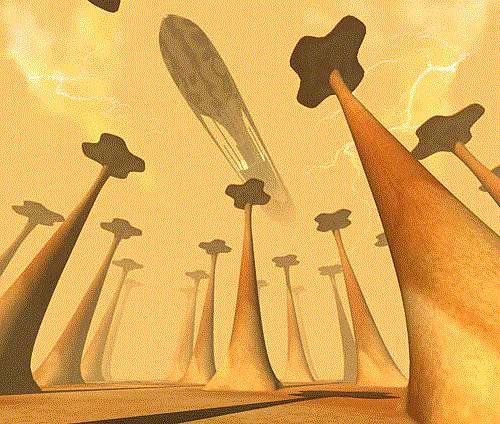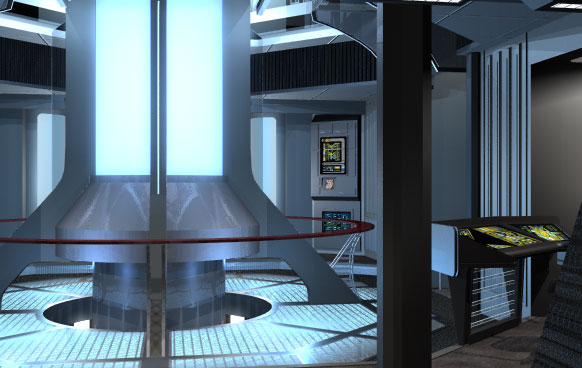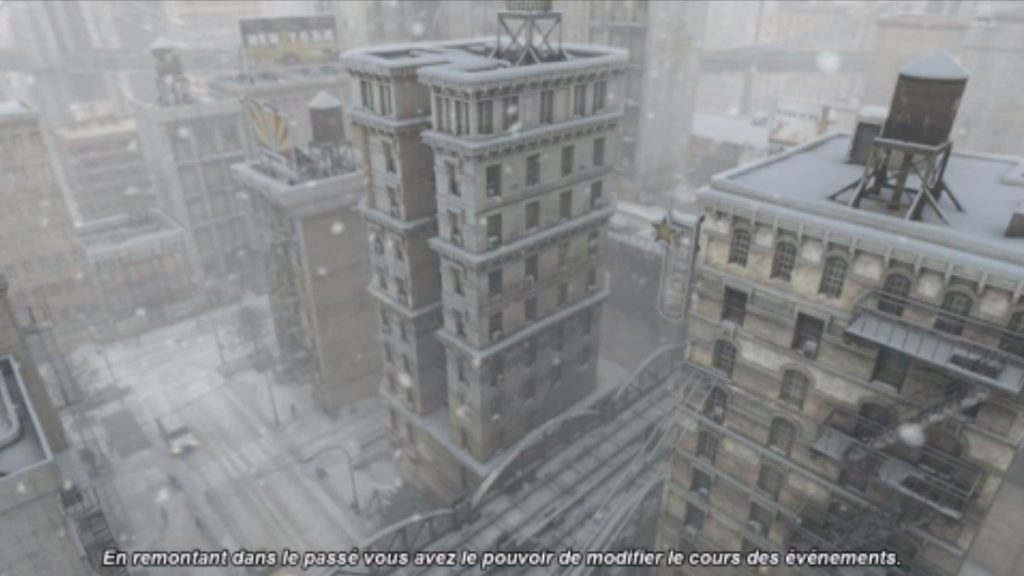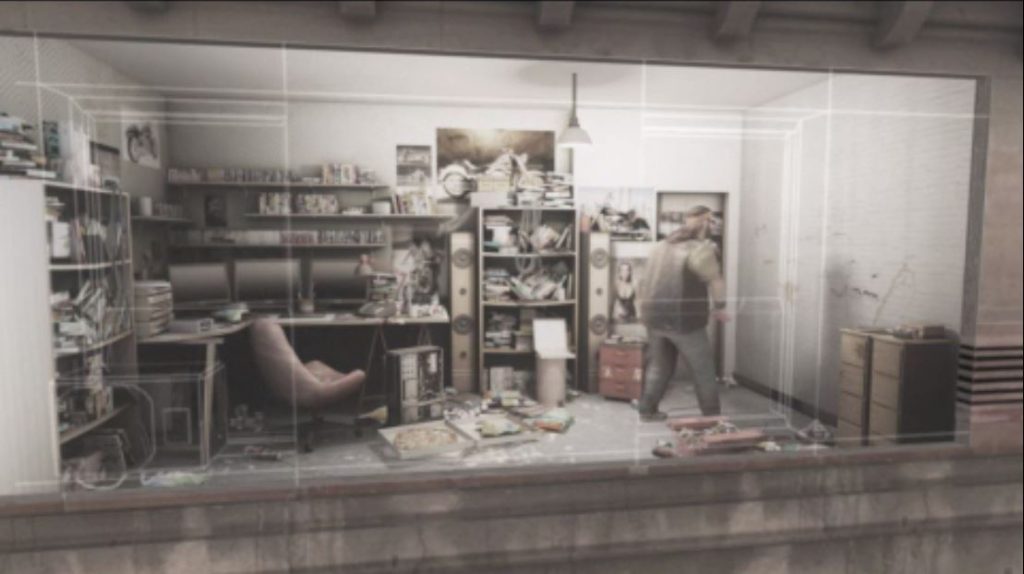Leisure Suit Larry: Island Tale (AKA Cocoa Butter) is a cancelled adventure game in the Leisure Suit Larry series, which was in development by High Voltage Software around 2005 – 2006. The project was planned to be a sequel to Magna Cum Laude, to be released for Xbox, Playstation 2 and PC.
In the game Larry would visit San Areolas Islands to seduce women and resolve simple puzzles. Some more details were shared online by a former HVS developer:
“Cancelled at about 70% complete, this adventure game (like its predecessor) would have certainly pushed the boundaries of both story, design and taste. The focus of this UI was the match the game’s island feel, with warm sunset skies for the main menu and bright, colorful blues and reef colors for the in-game experience. We used classic postcards as inspiration for how we wanted the user to feel while in the menus, while still injecting a bit of Larry’s sexual references within the design work itself. We had the UI about 80% finalized when the game was sadly cancelled, so what you see here was pretty much final.”
As far as we know Vivendi Universal canned the game, possibly to cut costs during a difficult time. Because of this High Voltage Software had to lay off some of their staff, as reported by Gamasutra and GameIndustry in January 2006:
“Chicago-based independent developer High Voltage has officially announced that the company has “right sized” its operations from 156 full time employees to 120, following a recent project cancellation.”
“The layoffs are believed to have occurred last Friday, January 13th, and according to a source within the company, the cancelled project was one being undertaken for Vivendi Universal Games – which has published several of High Voltage’s recent titles.”
Some images from the game are preserved in the gallery below, to remember this lost project.
Thanks to Sean-Paul for the contribution!
Images:

